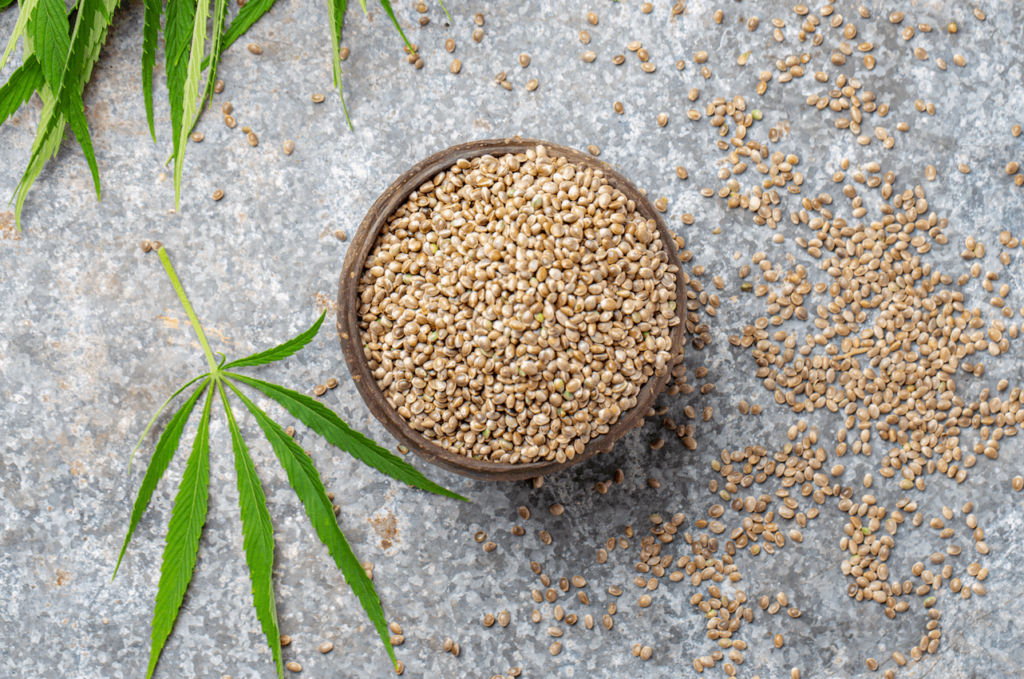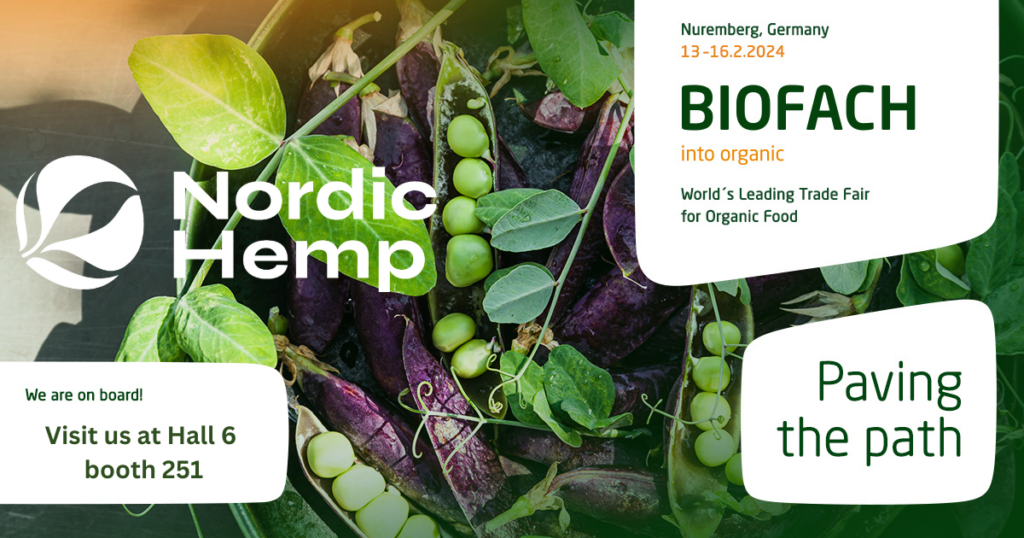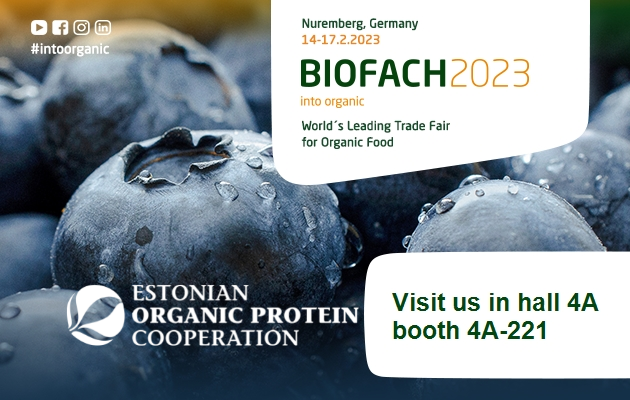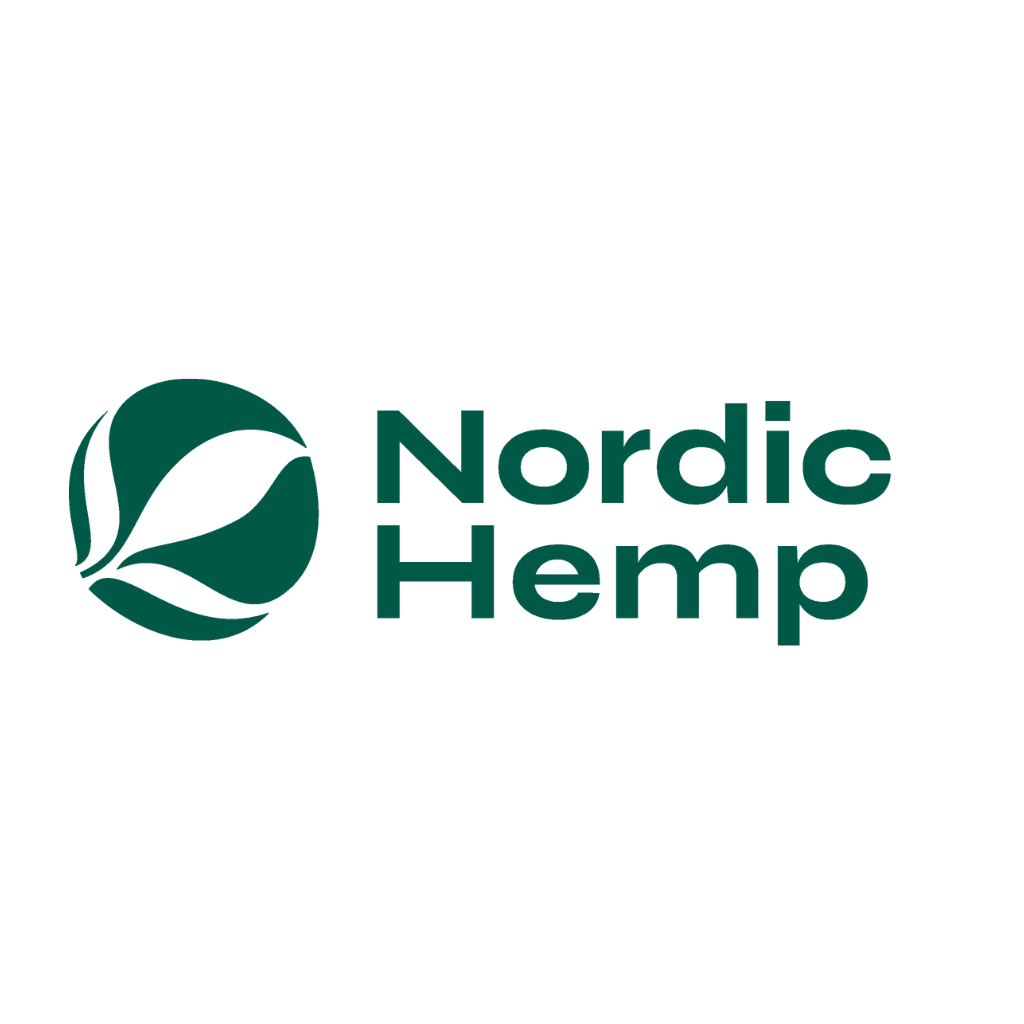Why is it worth growing hemp?
- It grows successfully in various types of soil.
- It is an excellent crop to include in crop rotation because it diversifies the rotation and helps restore soil structure.
- There is a high demand for hemp seeds in Europe, and the price of the harvest is much more motivating compared to alternative crops.
- Hemp cultivation is associated with more CO2 absorption compared to other crops.
Hemp cultivation in Estonia
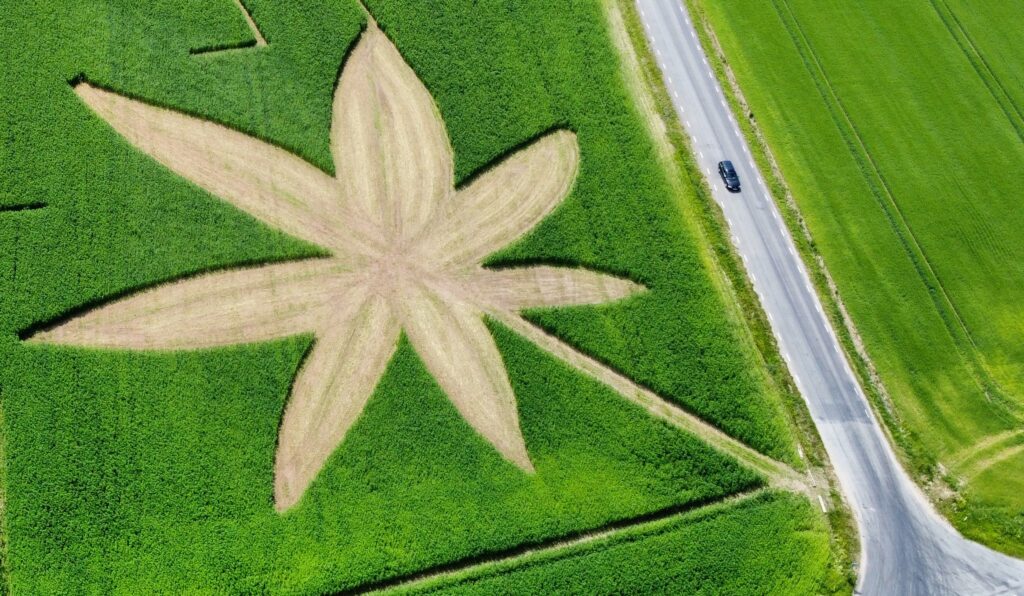
Hemp cultivation has gained momentum in Estonia in recent years because many farmers have discovered the positive aspects of this crop. Last year, hemp was cultivated on 7,000 hectares in Estonia, with over half of it grown by members of the Nordic Hemp Cooperation. Hemp absorbs atmospheric carbon with its large vegetative mass, making it important from an environmental perspective as well. The efficiency of carbon sequestration in hemp fields has been compared to that of forests. Additionally, the roots of hemp plants reach deeper soil layers, bringing up minerals such as potassium and phosphorus. These minerals can be utilized by subsequent crops planted in the same area. This makes hemp a beneficial crop for expanding and diversifying crop rotation.
Hemp Cooperation
Nordic Hemp Cooperation was established in 2017 by the five largest hemp growers in Estonia. 2018. a modern factory for processing hemp seeds was built, equipped with the capability to sort, hull, and press hemp seeds for oil. It is the largest hemp seed hulling facility in Europe. Despite its small land area, Estonia is the third-largest hemp producer in Europe, and our members and partners contribute to producing over half of the country’s total hemp harvest.
Regulations
Starting from January 1 , 2023, official regulations regarding THC limits in hemp have been implemented for the first time in Europe. This is a very interesting law that, on one hand, allows farmers to now choose from seven times more hemp varieties for cultivation. On the other hand, it further restricts the selection of varieties for hemp cultivation intended for seed production. The new regulation sets the THC limit for hemp seeds at 3 mg/kg, while the THC limit in the field increases from 0.2% to 0.3% under the same regulation. While THC levels in the field can now be higher for hemp cultivation, the THC content in the final product (such as seeds) must be lower. As an example, 0.3% THC in the field is equivalent to 3000 mg/kg, but in the final product, it should be 0.0003% THC or 3 mg/kg. Therefore, choosing the right variety for hemp cultivation is more crucial than ever before.
Why? Because selecting the wrong variety can result in THC levels exceeding the limits, and the harvest must be sold at approximately four times cheaper.
Choosing a Hemp Variety
As mentioned earlier, it is now possible to choose seven times more hemp varieties for cultivation.
How to choose?
In reality, it is very simple – one should choose a variety with the lowest possible THC level that has been previously grown in our region and spread the risks.
Over the past five years, the Nordic Hemp Cooperation has developed and cultivated a hemp variety specifically suited for our climate called “Estica” (approved by the European Union and registered in the EU Plant Variety Catalog).
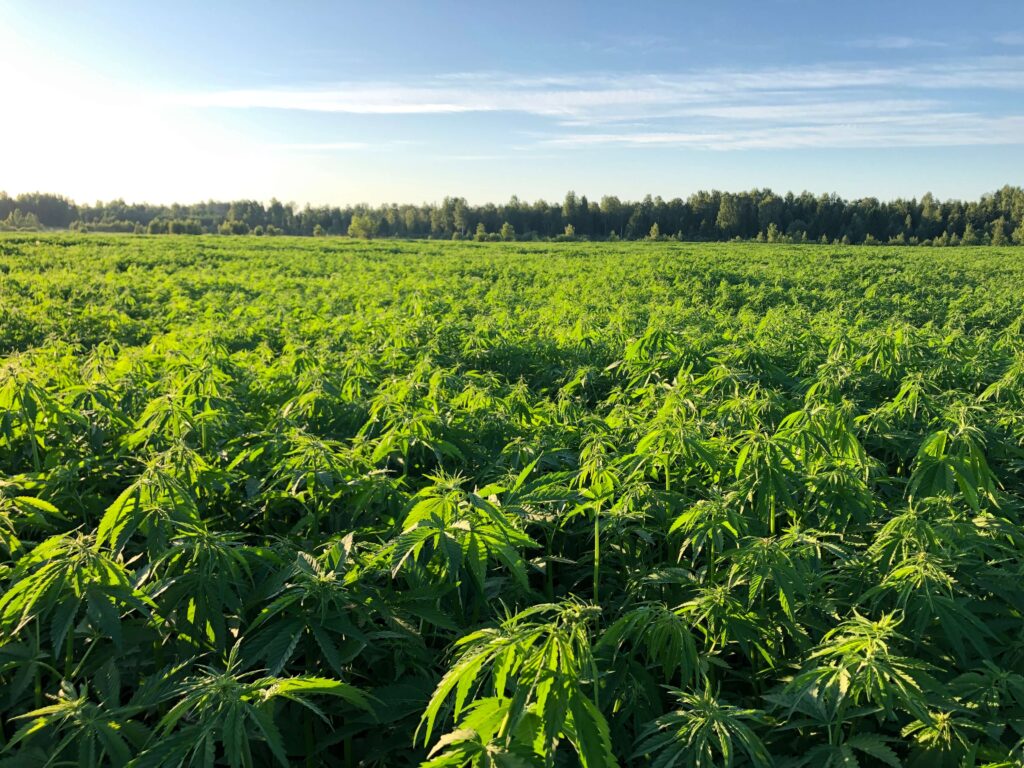
“Estica” differs from the predominantly grown Finnish-origin hemp variety “Finola” mainly in terms of its significantly lower THC content. In Europe, the permitted THC level in hemp seeds is 3 mg/kg. While achieving this level is unattainable for “Finola” variety seeds, the average THC content in “Estica” over the past five years is only 0.4-0.8 mg. Estica hemp seeds also have the advantage of higher yield and larger size, making them easier to process.
While the main drawback of other varieties was the high THC level, “Estica” has consistently shown the best results throughout the years of cultivation by the cooperation.
The average yield is 0.9-1.3 tons of hemp seeds per hectare, and the average THC level across all years is 0.51 mg/kg (the limit is 3 mg/kg).
In short, “Estica” is a reliable choice!
Hemp seed sales in today’s economy
The strength of hemp seed sales lies in price stability, unlike other crops that can be highly volatile. While the price of some crops can drop by as much as 50% within six months (such as buckwheat), hemp seed prices have been consistently on the rise in recent years. While there is a relatively small price difference between organic and conventional grains and crops, organic hemp is significantly more expensive than conventional hemp.
A secure choice. As hemp has shown consistent yields even in drought years, it can be considered a relatively weather-resistant plant. This makes it a good crop for risk diversification and rotation for farmers.
Although hemp is relatively unknown in Estonia, with consumers mostly familiar with hemp oil, it is becoming an increasingly popular product in Europe. Regular consumption of hemp products is likely to increase in Estonia as well. Hemp cake and hemp oil are highly valued as animal feed among local livestock and poultry farmers. The demand for hemp cake, for example, has reached record levels in the past two years.
99% of the hemp seeds grown in Estonia find their way to foreign countries.
According to Ardi Oja, the CEO of the largest hemp producer and cultivator in Estonia, Nordic Hemp Cooperation, exports mainly go to Germany and the Netherlands, as well as over 20 countries across Europe.
The demand for hemp seeds grown specifically in Estonia has increased in Europe, and most growers prefer to move their hemp seeds through the Nordic Hemp Cooperation. The cooperation has established a customer base and partners provide growers with the guarantee that every harvest will be processed and marketed in collaboration with the cooperation.
Among hemp growers, the Nordic Hemp Cooperation has become a recognized brand, and the company is well-known throughout Europe in the sector.
Looking for growers
The cooperation is actively looking for additional hemp growers.
We offer growers various contract options.
For example, with a cultivation contract, the grower receives seeds from the cooperation for planting and a guarantee to sell the harvest.
If interested, please contact us by calling +372 514 7139
or by writing to info@nordichemp.ee.

